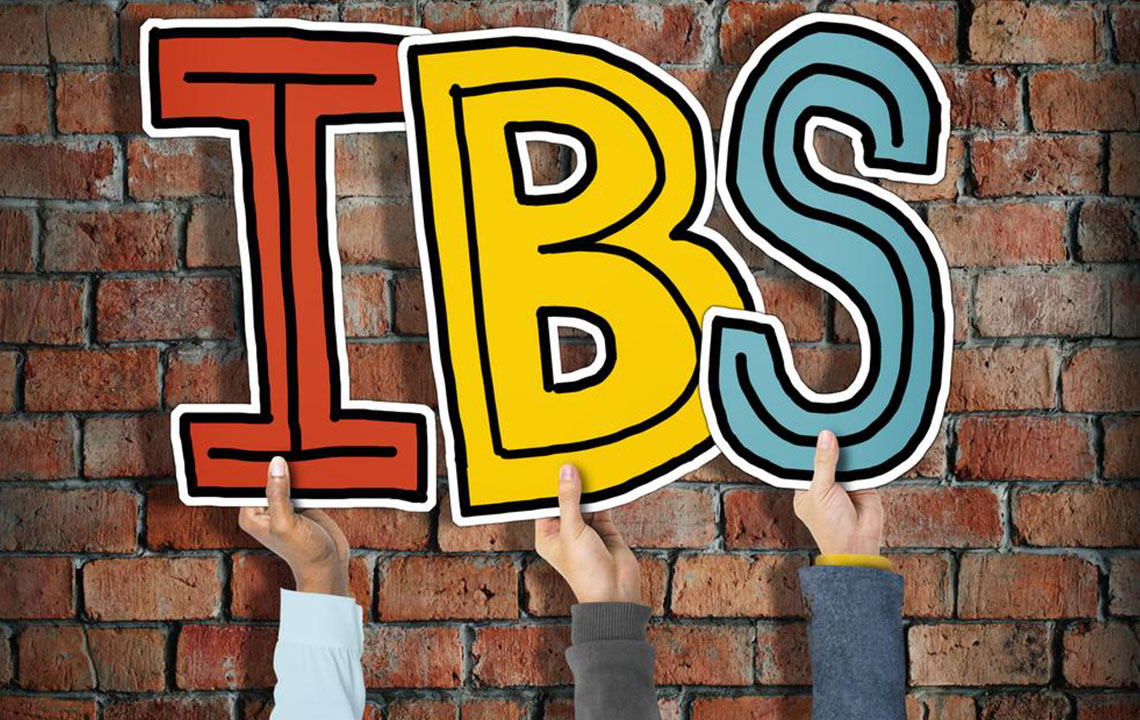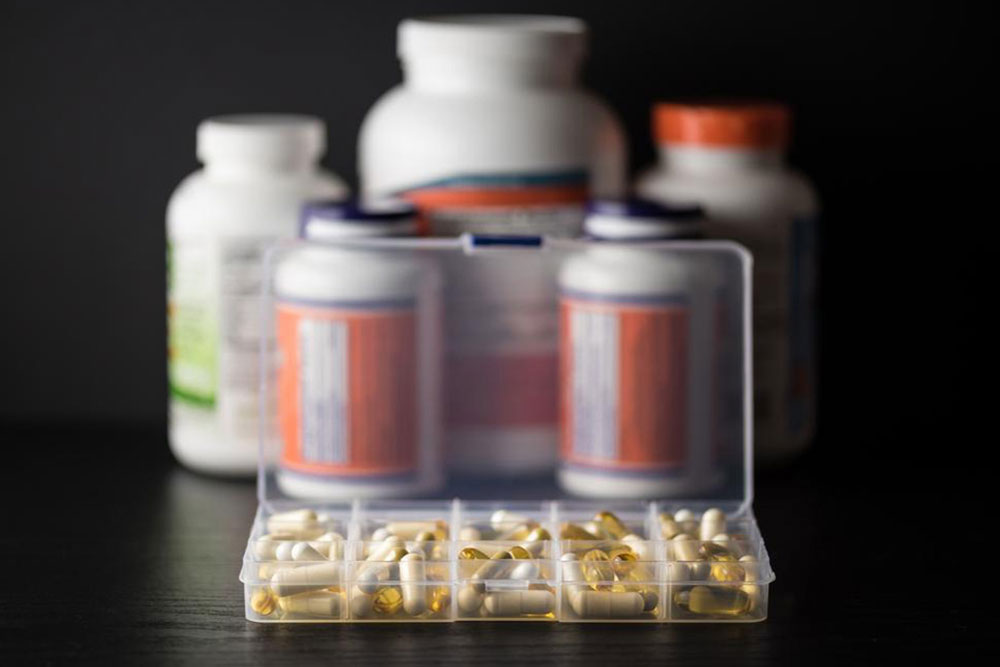Comprehensive Guide to Medications and Strategies for Managing IBS Symptoms Effectively
This comprehensive article explores the various medications and therapies available for managing Irritable Bowel Syndrome (IBS). It provides detailed insights into laxatives, antispasmodics, anti-diarrheal drugs, antidepressants, novel therapies, probiotics, and psychological strategies. The piece emphasizes personalized treatment approaches combining medication, diet, and mental health support to improve quality of life. With ongoing advances in IBS research, patients can benefit from tailored solutions that address their unique symptoms, helping them lead healthier, more comfortable lives.

Living with Irritable Bowel Syndrome (IBS) presents ongoing challenges due to its complex nature and the absence of a definitive cure. While current medical science focuses on alleviating symptoms rather than eliminating the condition entirely, a combination of tailored medications, lifestyle modifications, and psychological support can significantly improve patient quality of life. This comprehensive guide explores the various medications used for IBS management, including their mechanisms, effectiveness, and safety considerations, along with complementary therapies that enhance symptom control.
Understanding IBS and Its Complex Symptoms
IBS is a common functional gastrointestinal disorder characterized by symptoms such as abdominal pain, bloating, diarrhea, and constipation. These symptoms often fluctuate over time, making management challenging. The condition is believed to involve abnormal gut motility, heightened visceral sensitivity, and dysregulation of the gut-brain axis. Since IBS symptoms vary widely among individuals, personalized treatment plans are essential. Pharmacological interventions often target specific symptoms like bowel irregularity, pain, and emotional distress, providing relief and improving daily functioning.
Medications for IBS Symptom Relief
Laxatives and Bowel Regulators
For many IBS patients, particularly those with constipation-predominant IBS (IBS-C), laxatives are a cornerstone of therapy. These medications work by softening stool, stimulating bowel movements, or increasing intestinal water content. The main categories include:
Dietary Fiber: Naturally occurring or supplement-based, fiber helps bulk stool and promotes regularity. A daily intake of 20-25 grams is recommended, obtained from sources like fruits, vegetables, oats, or fiber supplements such as psyllium.
Osmotic Laxatives: Agents like polyethylene glycol (PEG) draw water into the colon, softening stool and facilitating easier passage. They typically produce effects within 1-2 days and are generally safe for short-term use.
Stimulant Laxatives: Including bisacodyl and senna, these stimulate intestinal motility. They act quickly but should be used cautiously as overuse can lead to dependency or dehydration.
Emollients (Stool Softeners): Such as docusate, help facilitate bowel movements by reducing stool surface tension, easing defecation.
Combining these approaches, alongside dietary modifications, can provide a personalized strategy for managing constipation symptoms associated with IBS-C.
Antispasmodics and Muscle Relaxants
Abdominal cramping and pain are hallmark symptoms of IBS. Antispasmodic medications like hyoscine, mebeverine, and pinaverium work by relaxing intestinal smooth muscles, thereby reducing spasms and associated pain. The effectiveness of these drugs varies; however, many patients report significant symptom relief. Since availability may differ by region, consulting a healthcare provider is essential to determine the most suitable choice.
Additionally, dietary fibers like wheat bran and psyllium can add bulk to stool and help soothe intestinal muscles, further aiding symptom control.
Anti-Diarrheal Agents
For those with diarrhea-predominant IBS (IBS-D), medications like loperamide are frequently prescribed. Loperamide works by decreasing bowel motility, enhancing water absorption in the intestines, and tightening the anal sphincter, which collectively reduce stool frequency and urgency. Over-the-counter options are available, but any medication use should be closely supervised by a healthcare professional to prevent side effects such as constipation or nutrient malabsorption.
Antidepressants and Neuromodulators
Interestingly, low-dose antidepressants, including tricyclic antidepressants (TCAs) and selective serotonin reuptake inhibitors (SSRIs), are effective in managing IBS symptoms. TCAs like amitriptyline can reduce visceral pain and diarrhea, while SSRIs may be more helpful for constipation. These medications work by modulating pain pathways and influencing gut motility through central nervous system effects. Furthermore, they can alleviate the psychological stress often associated with chronic IBS, creating a comprehensive approach to management.
Emerging Therapies and Recent Developments
Advancements in IBS treatment have introduced several novel medications that target specific pathways involved in the disorder:
Alosetron: A serotonin receptor antagonist that significantly reduces diarrhea and abdominal pain in women with severe IBS-D, though it requires careful monitoring due to potential side effects.
Rifaximin: An antibiotic effective in reducing bloating, gas, and diarrhea by modulating gut microbiota. It offers a targeted approach, especially in cases linked to bacterial overgrowth.
Eluxadoline: Acts on opioid receptors to decrease intestinal contractions, alleviating pain and diarrhea symptoms.
Lubiprostone: Enhances chloride channel activity, increasing intestinal fluid secretion and easing constipation with minimal systemic absorption.
Linaclotide: A guanylate cyclase-C agonist that improves bowel movement frequency, reduces bloating, and alleviates pain, particularly in IBS-C patients.
The Role of Probiotics in IBS Management
Probiotics are dietary supplements containing beneficial bacteria that restore gut flora balance. Multiple strains, including Bifidobacterium and Lactobacillus, have shown promise in reducing IBS symptoms such as bloating, gas, and irregular bowel movements. Consuming probiotic-rich foods like yogurt, kefir, and fermented vegetables can complement supplement use. Though some variability exists in response, many patients report improved digestive comfort through probiotic therapy. Ongoing research continues to evaluate optimal strains, dosages, and treatment durations for different IBS subtypes.
Mental Health Strategies and Lifestyle Interventions
Managing the psychological component of IBS is equally crucial. Stress and anxiety often exacerbate gastrointestinal symptoms. Techniques such as cognitive-behavioral therapy (CBT), mindfulness-based stress reduction (MBSR), and relaxation techniques have been shown to improve symptom severity and quality of life. Regular exercise, adequate sleep, and dietary adjustments—like reducing caffeine and alcohol—also contribute significantly to symptom control.
Incorporating a multidisciplinary approach that includes medical, dietary, and psychological therapies offers the best chance for effective symptom management, tailored to each patient’s unique needs.
Conclusion
While there is no one-size-fits-all cure for IBS, a combination of medication, lifestyle changes, and psychological support can effectively control the diverse symptoms associated with this condition. Patients should work closely with healthcare providers to develop a personalized plan, incorporating medications such as laxatives, antispasmodics, anti-diarrheals, antidepressants, and newer therapeutic agents. Additionally, embracing dietary modifications, probiotics, and mental health strategies can significantly enhance quality of life. Continued research promises new treatment pathways that may further improve outcomes for individuals living with IBS.





